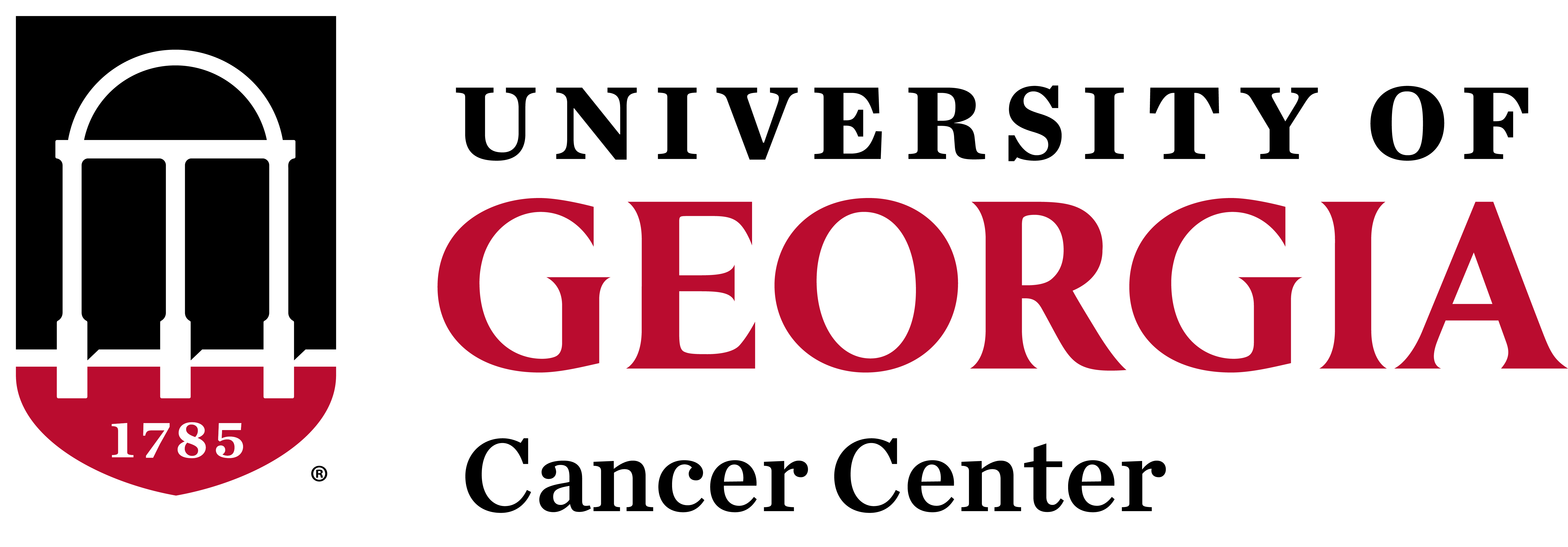
Houijan Cai
I am interested in fatty acylation modification of proteins and its functional role in tumor progression. My early study demonstrated that protein palmitoylation is essential for the activity of Src family kinases. Gain of palmitoylation sites inhibits Src kinase activity, and loss of palmitoylation enhances Fyn kinase activity (Cai et al., PNAS, 2011). Since I joined UGA in 2013 as a tenure track faculty, my lab continuously focuses on how myristoylation and palmitoylation regulate Src family kinases, subsequently modulating their activity and oncogenic signaling. Thanks to the funding supports of the DOD and NIH, my lab investigated how dietary fatty acids regulates the activity of Src kinase and oncogenic potential. My lab has established experimental approaches of monitoring the biosynthesis of acyl-CoAs (Yang et al., Analytical Chemistry, 2017). We have clearly demonstrated that myristoylation is essential for Src mediated and high fat diet accelerated tumor progression. Myristoylation regulates the association of myristoylated Src in the cell membrane, its mediated kinase activity (Kim et al., JBC, 2017), and oncogenic signaling (Li et al., Neoplasia, 2018; Li et al., JBC, 2018). In addition, we have identified that a myristoyl-CoA analog, B13, and its derivatives could inhibit protein myristoylation and Src kinase activity (Kim et al., Cancer Research, 2017). Additionally, myristoylation is also essential for myristoylated proteins to be encapsulated into extracellular vesicles/exosomes. We extend our study to detect aggressive prostate tumors by monitoring myristoylated Src kinase in extracellular vesicles from blood plasma. We will potentially provide a non-invasive approach to detect the initiation of aggressive/metastatic tumors for the patients under active surveillance.
- I am interested in fatty acylation modification of proteins and its functional role in tumor progression. My early study demonstrated that protein palmitoylation is essential for the activity of Src family kinases. Gain of palmitoylation sites inhibits Src kinase activity, and loss of palmitoylation enhances Fyn kinase activity (Cai et al., PNAS, 2011). Since I joined UGA in 2013 as a tenure track faculty, my lab continuously focuses on how myristoylation and palmitoylation regulate Src family kinases, subsequently modulating their activity and oncogenic signaling. Thanks to the funding supports of the DOD and NIH, my lab investigated how dietary fatty acids regulates the activity of Src kinase and oncogenic potential. My lab has established experimental approaches of monitoring the biosynthesis of acyl-CoAs (Yang et al., Analytical Chemistry, 2017). We have clearly demonstrated that myristoylation is essential for Src mediated and high fat diet accelerated tumor progression. Myristoylation regulates the association of myristoylated Src in the cell membrane, its mediated kinase activity (Kim et al., JBC, 2017), and oncogenic signaling (Li et al., Neoplasia, 2018; Li et al., JBC, 2018). In addition, we have identified that a myristoyl-CoA analog, B13, and its derivatives could inhibit protein myristoylation and Src kinase activity (Kim et al., Cancer Research, 2017). Additionally, myristoylation is also essential for myristoylated proteins to be encapsulated into extracellular vesicles/exosomes. We extend our study to detect aggressive prostate tumors by monitoring myristoylated Src kinase in extracellular vesicles from blood plasma. We will potentially provide a non-invasive approach to detect the initiation of aggressive/metastatic tumors for the patients under active surveillance.
- https://www.ncbi.nlm.nih.gov/sites/myncbi/1Ps3t9dWOv6AW/bibliography/40682893/public/?sort=date&direction=ascending
